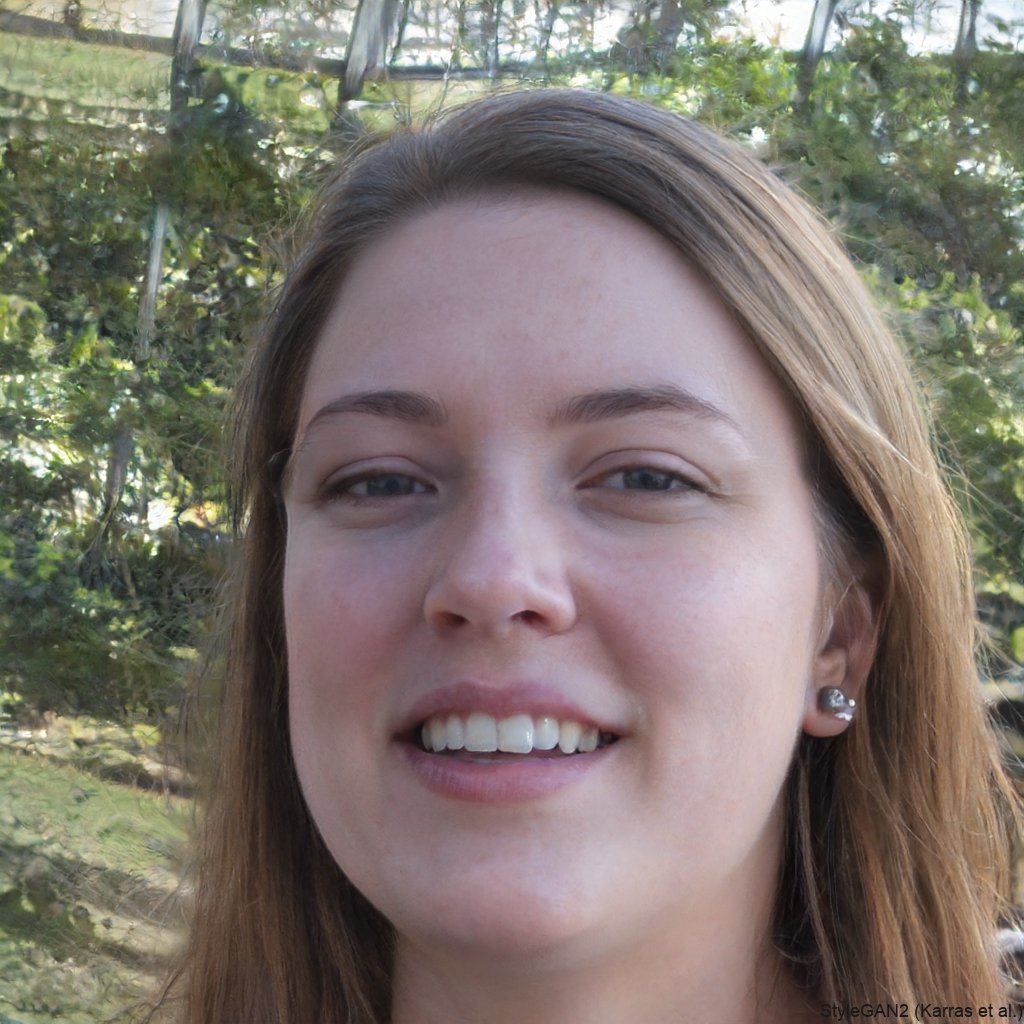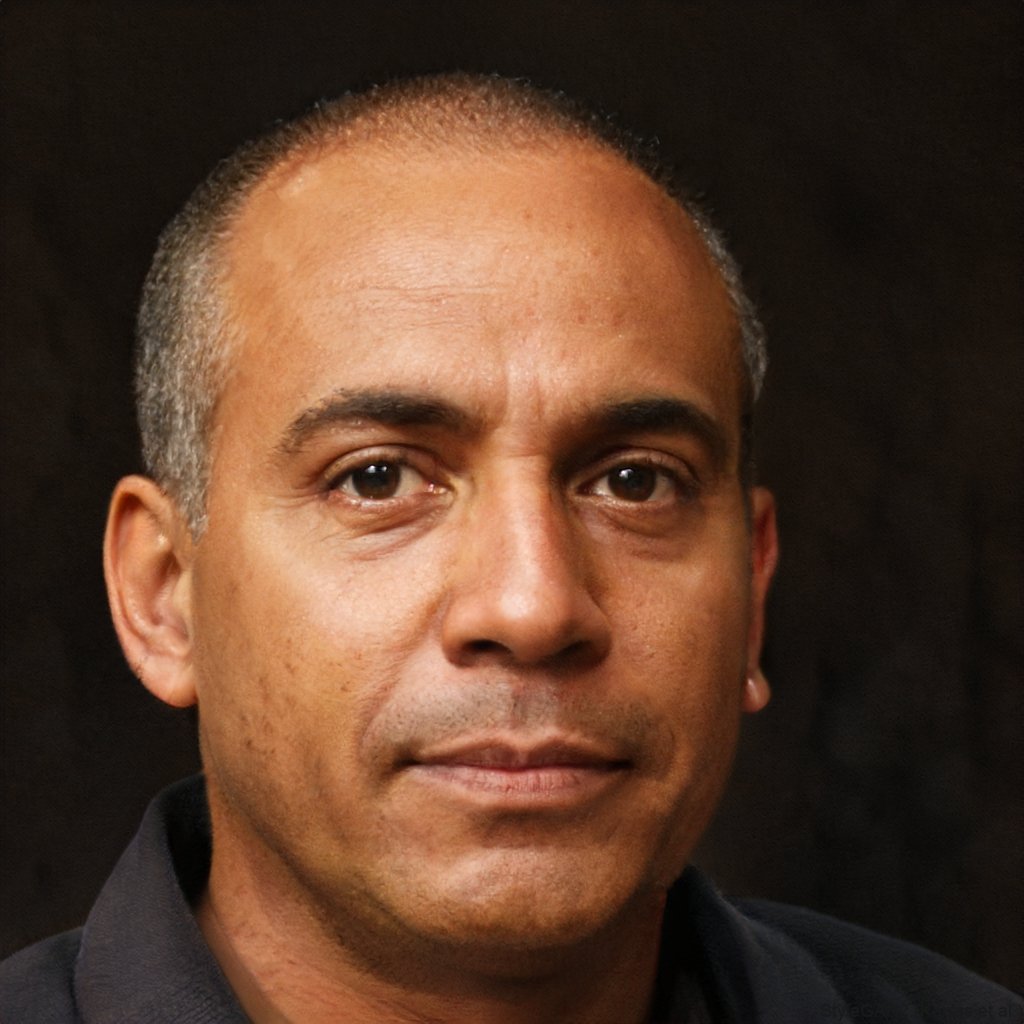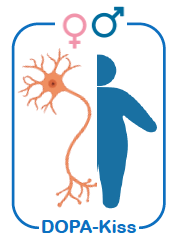Principal Investigator & Research Team
A multidisciplinary group of experts in neuroendocrinology, metabolism, and reproductive biology.

Principal Investigator
Prof. Manuel Tena-Sempere
Professor of Physiology at the University of Córdoba (Spain), with internationally recognised expertise in the neuroendocrine control of puberty and reproduction.
His research combines molecular, physiological, and translational approaches to investigate how central and peripheral signals regulate reproductive function, with a particular focus on the integration of metabolic cues.
Prof. Tena-Sempere has authored over 300 scientific publications and has been awarded multiple competitive research grants supporting his work on puberty, metabolism, and reproductive health.
The Research Team
DOPA-Kiss is supported by a highly skilled research team combining expertise in neuroscience, molecular biology, endocrinology, and metabolism. The project’s multidisciplinary nature ensures a comprehensive approach to its scientific objectives, integrating advanced experimental techniques with robust data analysis and translational perspectives.

Nombre del Investigador
Rol en el proyecto
Titulación: Lorem ipsum dolor sit amet sagittis consectetur proin suscipit eu vel. Pulvinar montes si fusce pharetra ac. Fames habitasse eu egestas feugiat vitae porttitor venenatis tellus posuere leo.

Nombre del Investigador
Rol en el proyecto
Titulación: Lorem ipsum dolor sit amet sagittis consectetur proin suscipit eu vel. Pulvinar montes si fusce pharetra ac. Fames habitasse eu egestas feugiat vitae porttitor venenatis tellus posuere leo.

Nombre del Investigador
Rol en el proyecto
Titulación: Lorem ipsum dolor sit amet sagittis consectetur proin suscipit eu vel. Pulvinar montes si fusce pharetra ac. Fames habitasse eu egestas feugiat vitae porttitor venenatis tellus posuere leo.
Collaborative Environment
The team operates within a collaborative network of national and international institutions, facilitating the exchange of knowledge, methodologies, and resources. This environment fosters scientific excellence and maximises the translational potential of the project’s findings.

